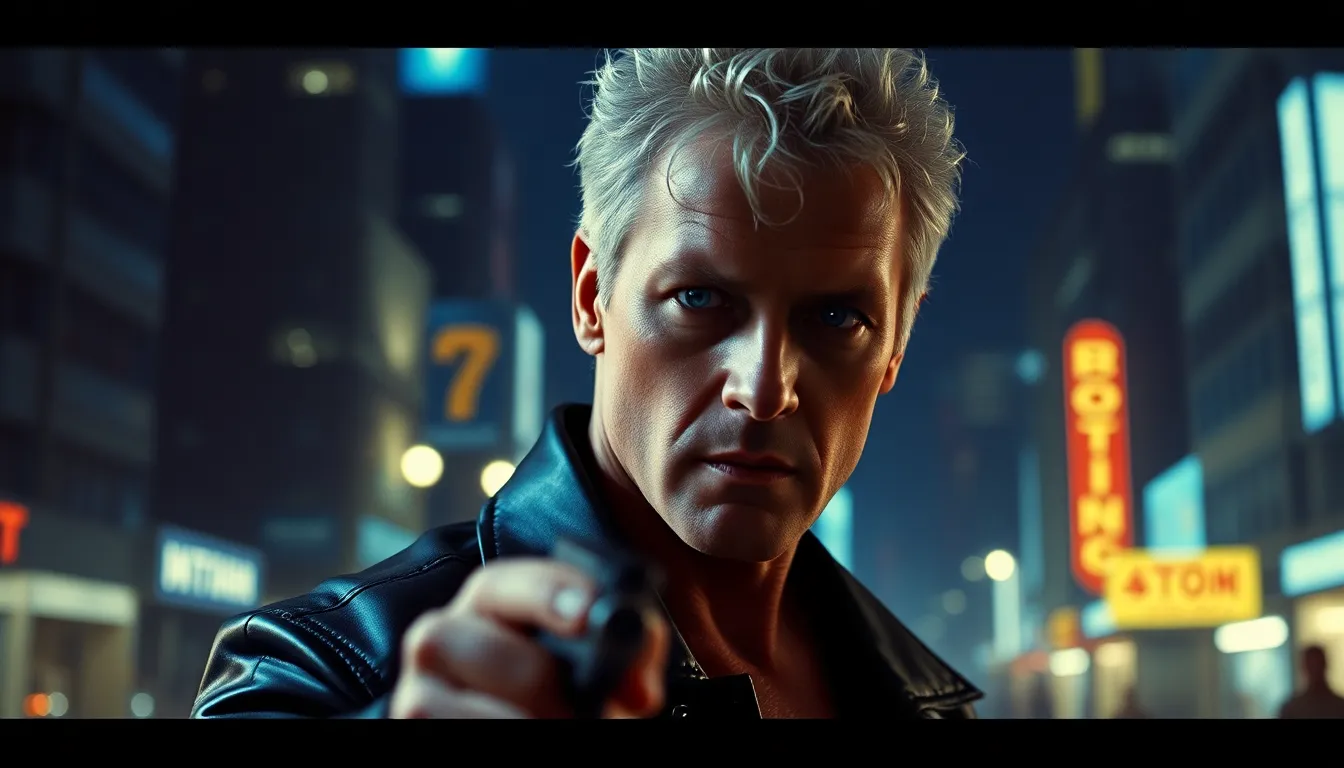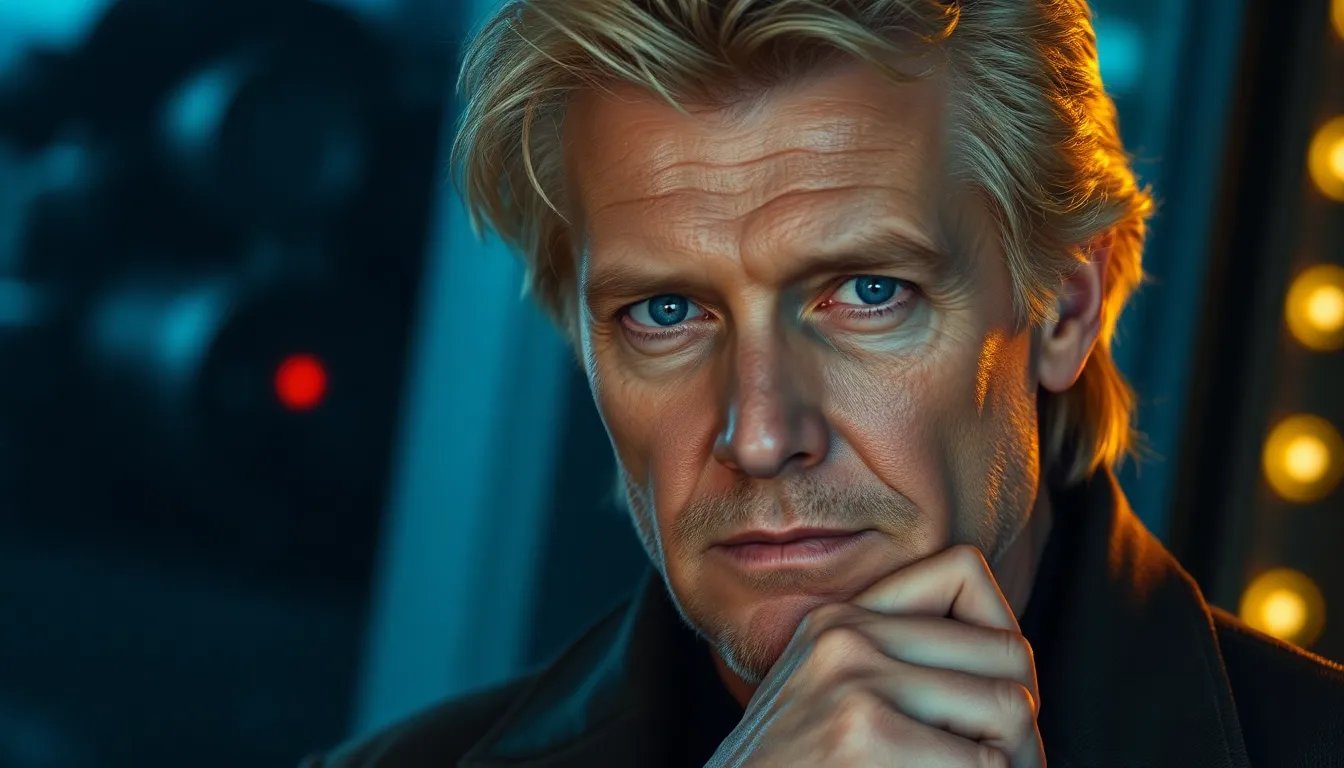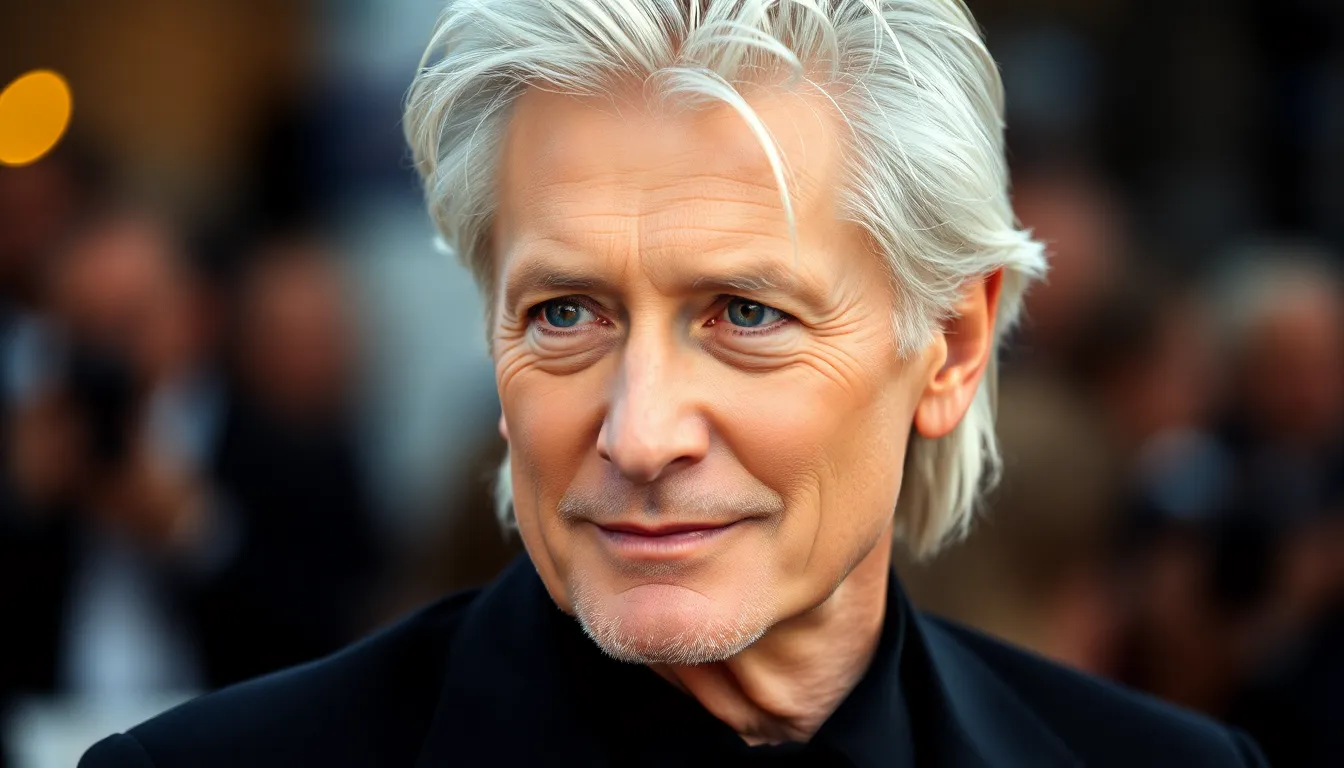Rutger Hauer, the iconic Dutch actor known for his unforgettable roles in films like “Blade Runner” and “The Hitcher,” left an indelible mark on cinema. His commanding presence and versatile performances captivated audiences for decades. However, the news of his passing in July 2019 shocked fans and the film industry alike, prompting many to seek answers about the circumstances surrounding his death.
As details emerged, it became clear that Hauer’s health had been declining in his final years. The actor had battled a serious illness, which ultimately led to his demise at the age of 75. Understanding the cause of his death sheds light on the challenges he faced and honors the legacy he created through his remarkable contributions to film and storytelling.
Table of Contents
ToggleOverview of Rutger Hauer
Rutger Hauer gained international fame for his versatile performances, captivating audiences with his strong presence and emotional depth. Born on January 23, 1944, in Breukelen, Netherlands, he began his acting career in the late 1960s. Hauer’s breakthrough role came in 1982 with the iconic film “Blade Runner,” where he portrayed the complex replicant Roy Batty. His chilling monologue in the film remains memorable for its profound impact on cinematic history.
Hauer appeared in numerous films throughout his career, often taking on challenging and multifaceted characters. Notable films include “The Hitcher,” “Ladyhawke,” and “Sin City.” Beyond films, he also contributed to television, starring in series like “True Blood” and “Game of Thrones.” His work extended beyond acting, as he wrote and produced movies, highlighting his creativity and dedication to the craft.
In addition to his professional achievements, Hauer was involved in humanitarian efforts, particularly regarding issues such as AIDS awareness and environmental protection. His legacy includes not only his film contributions but also his commitment to social causes. Hauer’s passing on July 19, 2019, at the age of 75 marked a significant loss for the film industry and his fans worldwide.
Career Highlights


Rutger Hauer’s career spanned several decades, marked by memorable performances and influential roles that captivated global audiences. His contributions to film and television reflect a legacy of talent and versatility.
Early Life and Breakthrough
Rutger Hauer was born on January 23, 1944, in Breukelen, Netherlands. He trained at the Dutch Theatre School, honing his craft as an actor. Hauer’s early acting career began in the late 1960s with Dutch television series, leading to his breakout role in the 1982 sci-fi classic “Blade Runner.” As the replicant Roy Batty, Hauer delivered a haunting performance, and his improvisation of the iconic “Tears in rain” monologue earned critical acclaim. This role established him as a notable figure in international cinema.
Iconic Film Roles
Hauer’s filmography includes several iconic roles across diverse genres:
- “The Hitcher” (1986): Hauer portrayed John Ryder, a sociopathic hitchhiker. His chilling portrayal solidified his status as a versatile antagonist in thriller films.
- “Ladyhawke” (1985): In this fantasy film, Hauer played Navarre, a knight cursed to be apart from his love. His performance showcased both physicality and emotional depth.
- “Sin City” (2005): Hauer took on the role of Cardinal Roark, delivering a memorable performance in a visually striking adaptation of Frank Miller’s graphic novel.
In addition to films, Hauer appeared in notable television series including “True Blood” and “Game of Thrones,” further expanding his reach to different audiences. His artistry and commitment to diverse roles left an indelible mark on the film industry.
Health and Final Years
Rutger Hauer faced health challenges in his later years, impacting his public appearances and contributions to film. Understanding these factors provides insight into the circumstances surrounding his death.
Public Appearances
Rutger Hauer’s public appearances decreased significantly in his final years. He attended fewer film festivals and events, which highlighted his declining health. In 2016, he appeared at the Cannes Film Festival, where he engaged with fans and discussed his career. However, subsequent appearances became rare as his illness progressed. The film community and fans expressed concern over his health, which had become evident in his physical condition during public outings.
Medical Conditions
Rutger Hauer battled a serious illness that contributed to his death on July 19, 2019. Reports indicated he suffered from a rare type of cancer, specifically classified as “lymphoma.” This diagnosis caused significant health deterioration over time. Hauer chose to keep details of his illness private, focusing on his legacy rather than his struggles. His passing at 75 surprised many, underscoring the importance of awareness regarding health issues, particularly in the elderly population.
Rutger Hauer Cause of Death
Rutger Hauer’s passing in July 2019 shocked fans and the film industry alike. His struggle with a rare type of lymphoma contributed significantly to his death at age 75.
Official Statements
Hauer’s management confirmed his death and noted his long battle with lymphoma. They emphasized his remarkable career and contributions to cinema, requesting privacy for his family during this time. Dutch Prime Minister Mark Rutte paid tribute to Hauer, celebrating his legacy in the film industry and his deep connection to Dutch culture. Official statements universally recognized his artistic achievements and humanitarian efforts, reflecting on his impact beyond Hollywood.
Speculations and Theories
Rumors surrounding Hauer’s health circulated prior to his death, focusing on the severity of his illness. Some speculated that lifestyle factors, such as smoking, may have exacerbated his health issues, given his history as a smoker. Others questioned whether he had disclosed the full extent of his medical condition, as he opted for privacy regarding his illness. These theories reflect public concern over the personal lives of celebrities and highlight the complexities surrounding discussions of health in the face of public admiration.
Legacy and Impact
Rutger Hauer’s legacy transcends his film roles, showcasing a multifaceted career marked by artistic excellence and humanitarian dedication. Artists and filmmakers cite Hauer’s performances as deeply influential, particularly his iconic role as Roy Batty in “Blade Runner.” His ability to imbue complex characters with emotional depth and intensity reshaped the expectations of villain roles in film.
Hauer’s impact on the industry resonates with aspiring actors and directors who recognize the importance of versatility. His performances in films such as “Ladyhawke,” where he portrayed Navarre, and “The Hitcher,” as John Ryder, showcase his range and capability to connect with audiences. These roles highlight his talent for embodying characters that challenge societal norms and provoke thought.
In addition to his acting career, Hauer’s work as a writer and producer reflects his commitment to storytelling. He co-wrote the screenplay for “The Legend of the Holy Drinker,” further demonstrating his creative versatility. His willingness to experiment with various genres and formats positions him as a significant figure in the evolution of modern cinema.
Hauer’s humanitarian efforts, particularly in AIDS awareness and environmental protection, solidified his reputation as a compassionate advocate for social causes. His contributions to these efforts amplified discussions surrounding critical global issues, inspiring others in the entertainment industry to follow suit.
Posthumously, tributes from industry leaders and fans emphasize the void left by his passing. Mark Rutte, the Dutch Prime Minister, acknowledged Hauer’s role in elevating Dutch film culture and praised his global influence. Official statements confirmed the impact of his artistry on film alongside his significant contributions to humanitarian efforts. This dual legacy reinforces the enduring respect for Hauer outside of his acting accomplishments, underscoring a life dedicated to both creativity and compassion.




